The term “woke” has emerged in political discussions to describe people who closely align with causes like social justice, income inequality, racial discrimination, and the advocacy of disadvantaged groups in America. Woke adherents tend to be more common among younger generations, but why is this the case?
Examining the Boomer generation can offer some insights into their unique attitude and lower apparent probability of adopting the social causes of today.
Who Are the Boomers?

“Boomer” is an affectionate shortening of the term for the generational group “Baby Boomer.” The Baby Boomer generation describes Americans born between 1946 and 1964. The name is derived from the population “boom” that followed the close of World War II. During that period, America experienced immense economic growth that allowed the country’s soldiers back from war to to settle down and raise families.
Unlike the previous generation, the Silent Generation, Boomers grew up in a more prosperous time filled with technological innovation and significant societal changes.
Boomers’ Problems Got Solved

Because the Boomers grew up in a time of prosperity, they were used to problems in society working themselves out. This contributes to an attitude shared by Boomers that if someone has a problem, then they just haven’t tried hard enough to solve it.
This Boomer ethos conflicts with the modern woke attitude which seeks to hold structures in society, not the individual, accountable for societal ills.
Younger Generations Had Less Prosperity
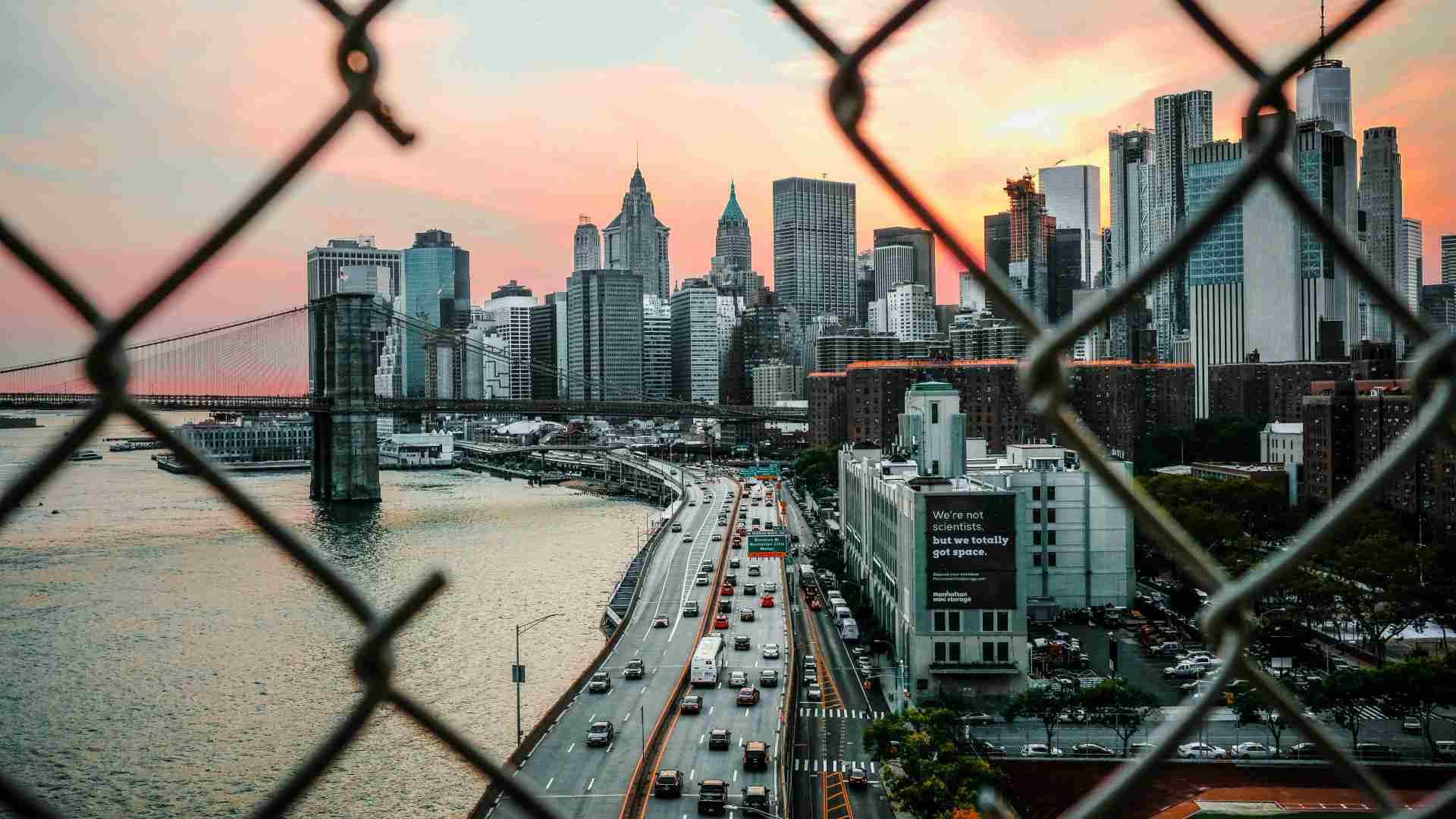
Younger generations are growing up in a vastly different world than the one that Boomers enjoyed. According to the American Economic Association wage stagnation for American workers began in the 1970s, meaning the value of what they were paid started to decrease in the economy.
This caused greater difficulty with things like buying a house and affording an education that Boomers had a much easier time with. This contributes to an attitude from Boomers that makes them question why younger generations are struggling with things they easily accomplished when they were younger.
Income Inequality Increased

The Economic Policy Institute analyzed wages from 1979 to 2013 and found that the bottom 90% of wage groups only increased their wages by 15% during that period. By contrast, the top 1% of wage groups saw their annual pay increase by 138%.
This difference in pay highlights a growing disparity between the rich and poor currently in the country that Boomers didn’t personally experience growing up. This may be one reason why Boomers are so resistant to woke critiques of the system because it worked for them in the past.
A Difference in Media Consumption
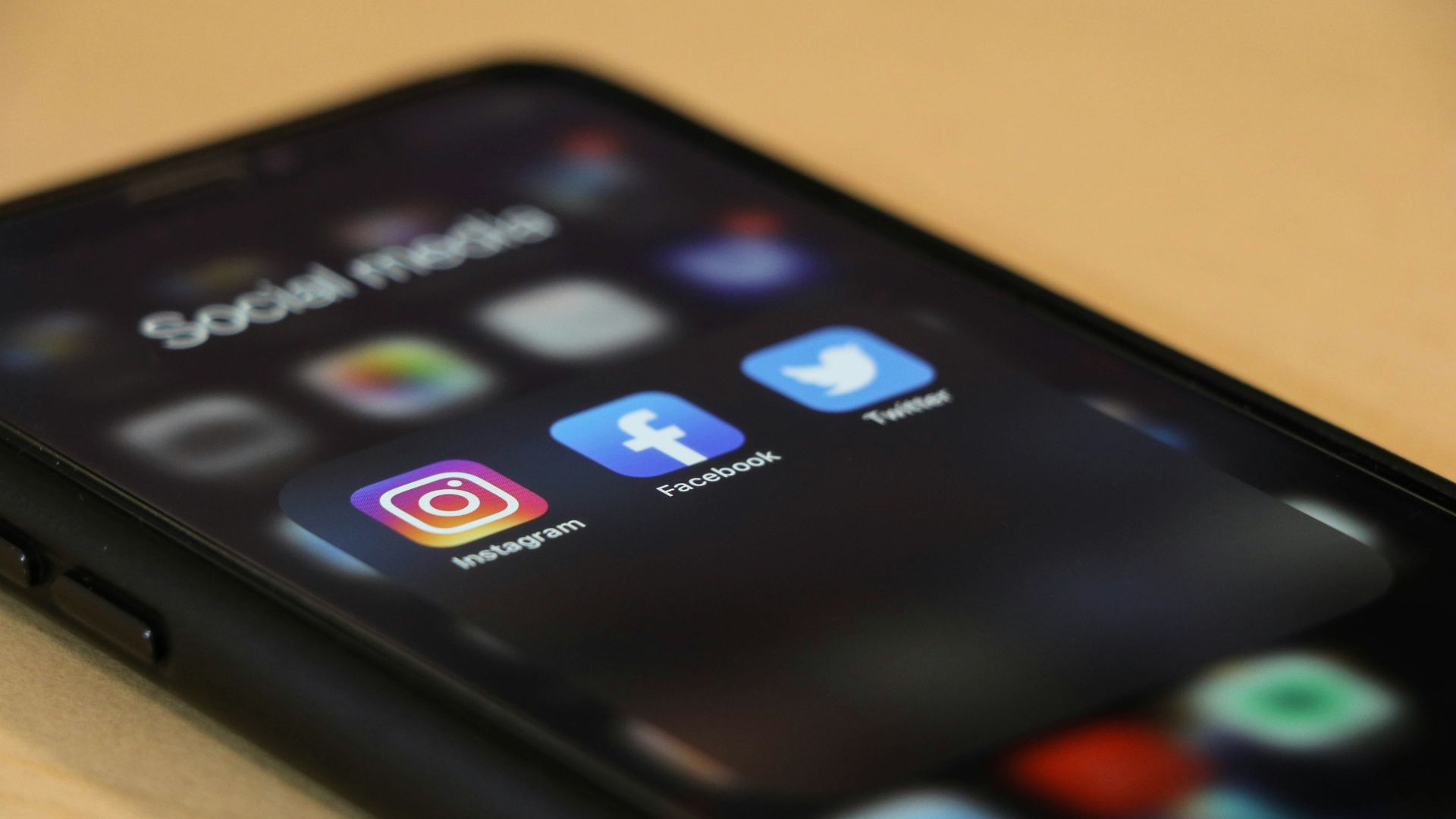
Boomers grew up in a completely different time than the Millennials and Gen Z generations. For one, they didn’t have social media.
Social media has allowed many younger people to see different aspects — and inequalities — of the world. In turn, this has made them more friendly to the idea of pushing for societal change at a younger age. Even though Boomers do have social media now, many still rely on traditional forms of media.
Boomers Don’t Really Know What Woke Means

Woke used to mean one thing: becoming more aware of social injustice. Now, however, the term has almost completely lost its meaning. Many older generations use the phrase quite often.
Many of these elder American citizens don’t quite know what the term means, though. They simply use it when looking to degrade something the younger generations are doing. Younger people, meanwhile, don’t even use the word “woke” at all now.
Boomers See the Younger Generations as Spoiled

When Boomers look at the younger generations, they see a disparity in their expectations and what they expect them to have accomplished. This leads some Boomers to view younger generations as spoiled or lazy. They see younger people as ones who would rather blame their problems on others instead of fixing them themselves.
A common refrain heard from Boomers is that younger generations are spoiled by modern technology that doesn’t require them to have to work as hard as past generations did, leading to problems in society.
Generational Conflict

Younger generations, for their part, also place blame on the Boomer generation for the current state of the country. An Axios/Survey Monkey poll from 2018 found that a majority of Millennials, the generation born between 1980 and 1997, blame boomers for spoiling the prosperity of the country.
From a younger generation’s perspective, the Boomers enjoyed unprecedented prosperity that they failed to safeguard and pass on to future generations.
Boomers Hold the Wealth

Another reason why many Boomers do not subscribe to woke critiques of wealth inequality is that they are more likely to be the ones holding onto that wealth.
A Federal Reserve survey from 2023 found that over 70% of the wealth held by Americans is controlled by people over the age of 55.
Young People Cannot Save Money

Many of the methods that Boomers used previously to grow their wealth like saving extra money to use in investments are much harder to do than they used to be. Because worker wages buy less in the economy today, there is much less left to use to grow wealth.
Certain costs like college education and a house downpayment have also seen huge increases that make them hard to afford on the average person’s salary.
Differences in the Workplace
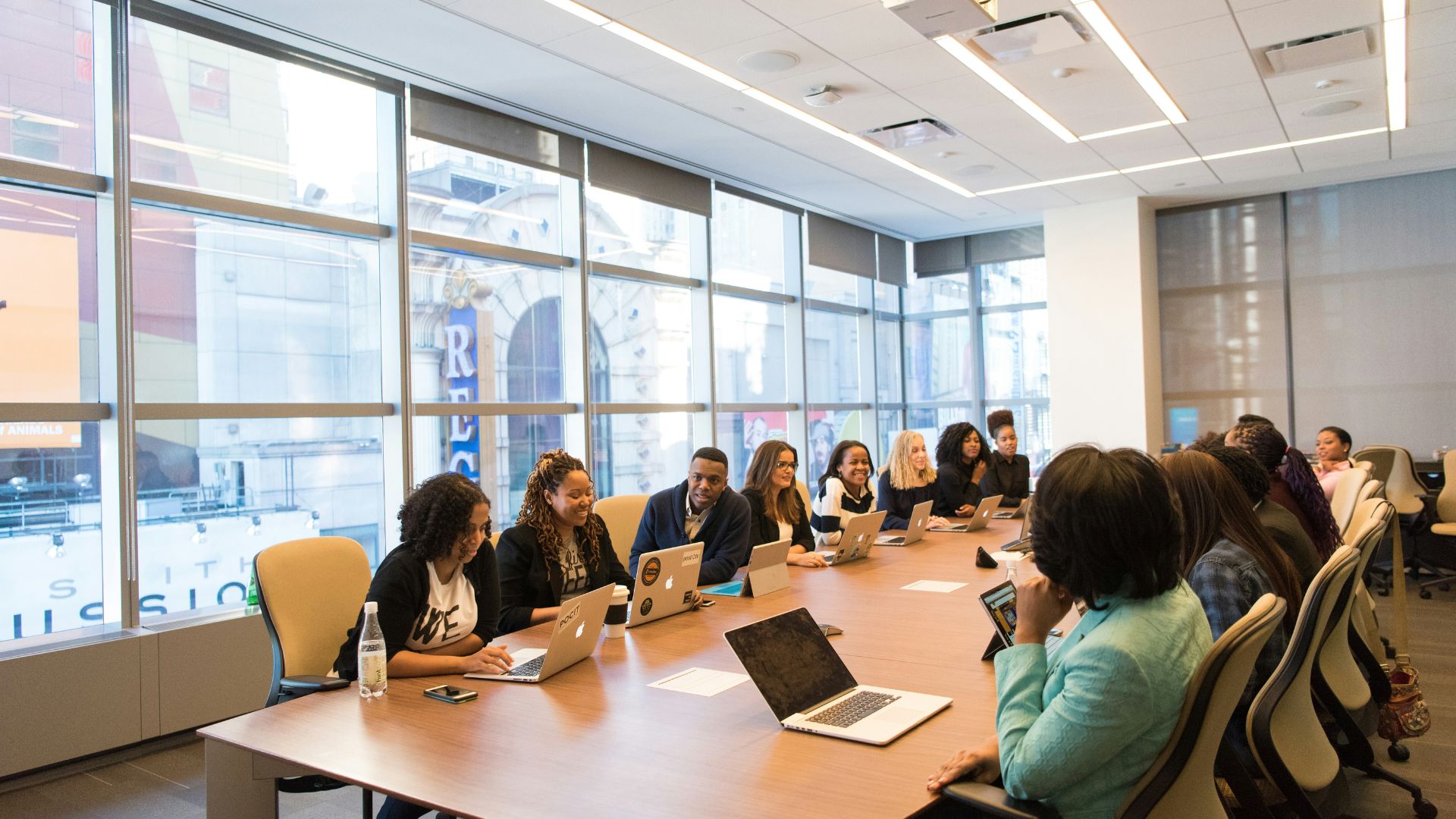
Perhaps the most notable differences between older and younger generations can arise in the workplace. This is because Boomers have a completely different outlook on work than, say, Gen Z.
Boomers have been able to do quite well for themselves in their careers, across the board. With a little extra work and a desire to be loyal to their company or boss, they’ve gone far. They’re also considered workaholics.
Boomers and Sacrifice
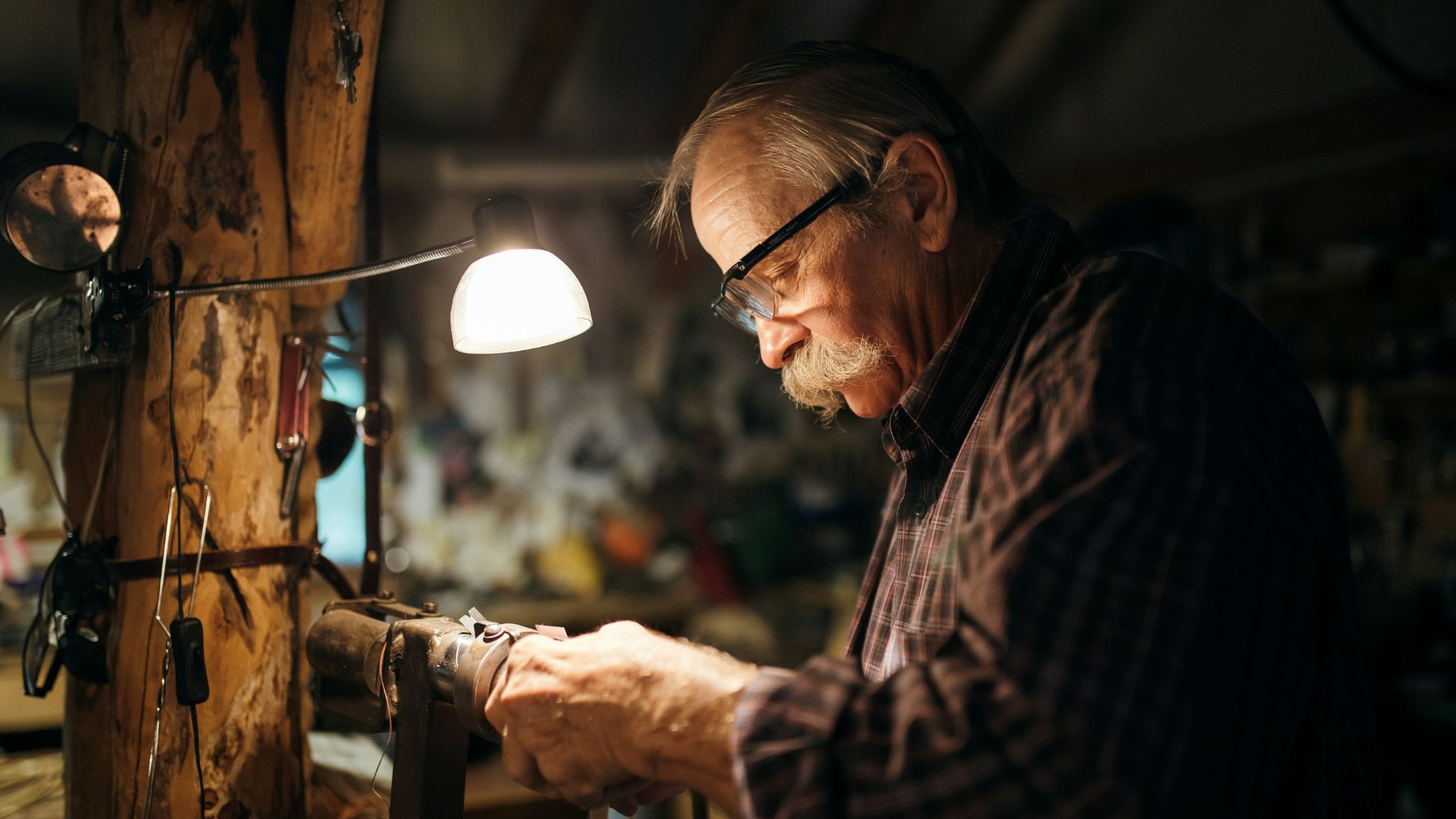
Many Boomers also hold high the idea of sacrificing much of their personal life to get ahead in their career. They believe that you have to give up your life to make money.
Boomers believe that you only get achievement when you work hard. They think that younger generations are just looking to be handed opportunities and promotions, while they worked hard and gave up a lot when they were young.
A Disenfranchised Youth

Millennials and Gen Z, meanwhile, are completely disenfranchised in many aspects of society, including working. Millennials immediately had to deal with many crises upon first entering the workforce, such as the 2008 financial and housing crisis.
This has left many of them realizing that they shouldn’t give their entire lives to their companies or bosses — as those bosses can easily lay them off with no thought, as they’ve done before.
The Search for Balance

As a result of this mindset, many Millennials and Gen Z workers strive to obtain a balanced work and personal life. They don’t believe in the need to sacrifice their lives to get ahead in their careers, as financial crises have shown them that this is a lie.
However, Millennials still seek challenges in the workplace and are competitive, just as Boomers were in their youth. So, there are similarities.
Lack of Loyalty

Many Boomers have claimed that younger generations don’t have any loyalty to their companies or bosses. They won’t, for example, stay late in the office to get work done, even if they’re not being paid. Boomers would’ve done this. Millennials and Gen Z won’t.
Studies have shown that Millennials will leave a job if they don’t like their employers or bosses. Boomers were much more loyal to their team and company. This workplace difference can also be seen in regular society, including in the woke, societal battle.
Boomers Get Wealthier While Younger Generations Struggle
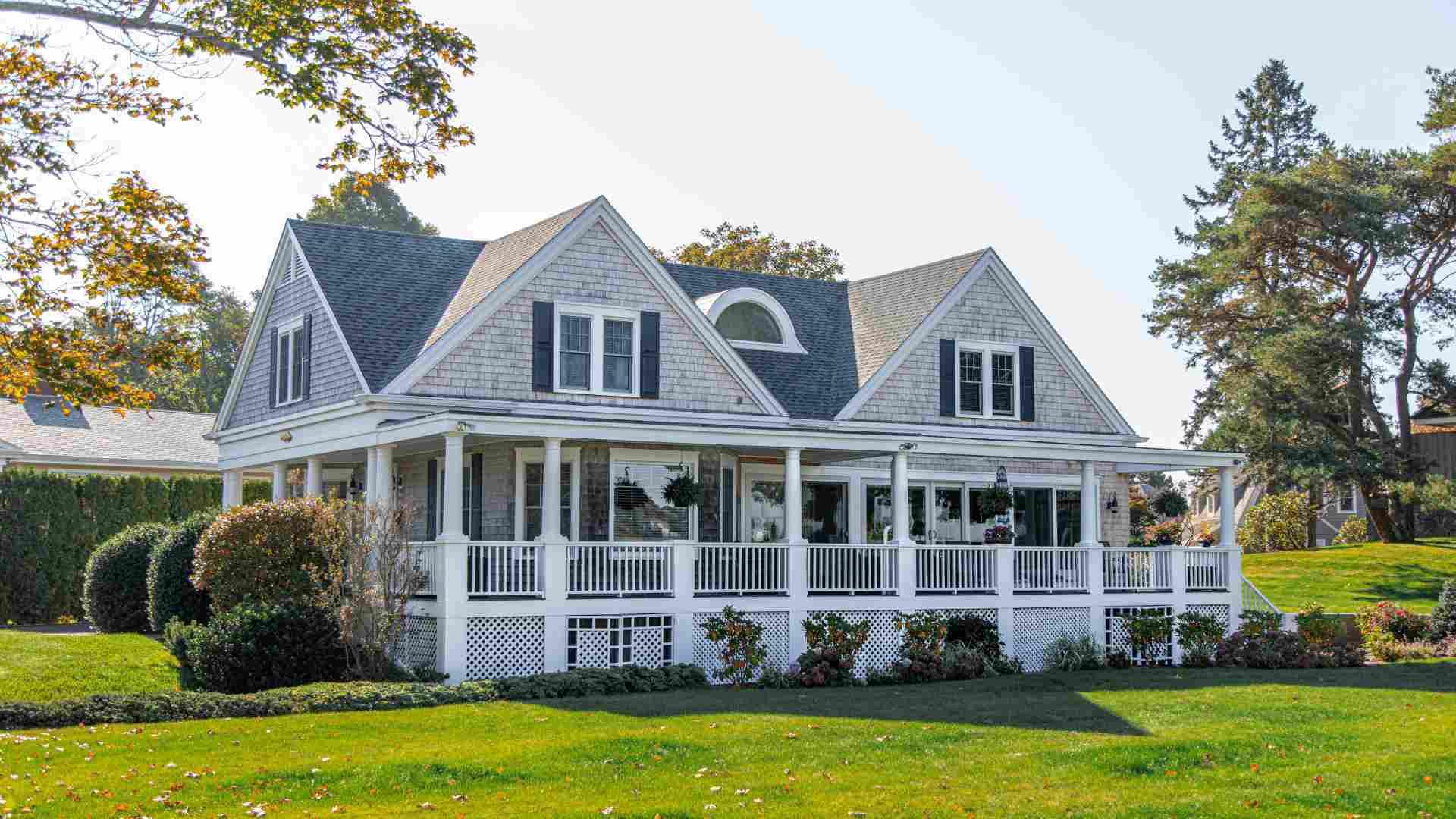
Heritage Foundation economist E.J. Antoni told Fox Business that, “Young persons who haven’t had the time to save money and to buy a home, they are not seeing that same kind of increase in wealth. But [for] existing homeowners, it has been an absolute boon for them.”
The increased price of homes over decades has benefitted Boomers greatly and they are more likely to be owners than younger generations.
Viewing Change as a Threat

Some people are scared of change. So, why wouldn’t a whole generation be scared of the huge societal change that younger generations are pushing for?
Many Boomers don’t care to be perceived as woke because of this fear, or concern, of change. If the society they prospered in changes, the stability they have in their lives could falter.
Swift Change

In just the last few decades alone, society has seen such incredible technological change thanks to the internet and social media. Now, as artificial intelligence reaches new heights, even more change is on the horizon.
As Boomers believe in more traditional values, this swift change they’ve experienced in their later years could push them to defy progress even more.
Boomers Are In a Different Place

Baby Boomers are in a different place in their lives compared to typical proponents of woke politics. They are more concerned with maintaining their lives, addressing health issues, and managing retirement problems. Boomers are naturally less focused on the social or political activism that is a key part of woke culture just because of their age.
According to Pew Research, older Americans tend to care more about preserving social programs like Social Security and Medicare. 66% of people 65 or older said it was more important than reducing the deficit, compared to younger generations which responded in a more balanced way between the two questions.
A Focus on Settling Down
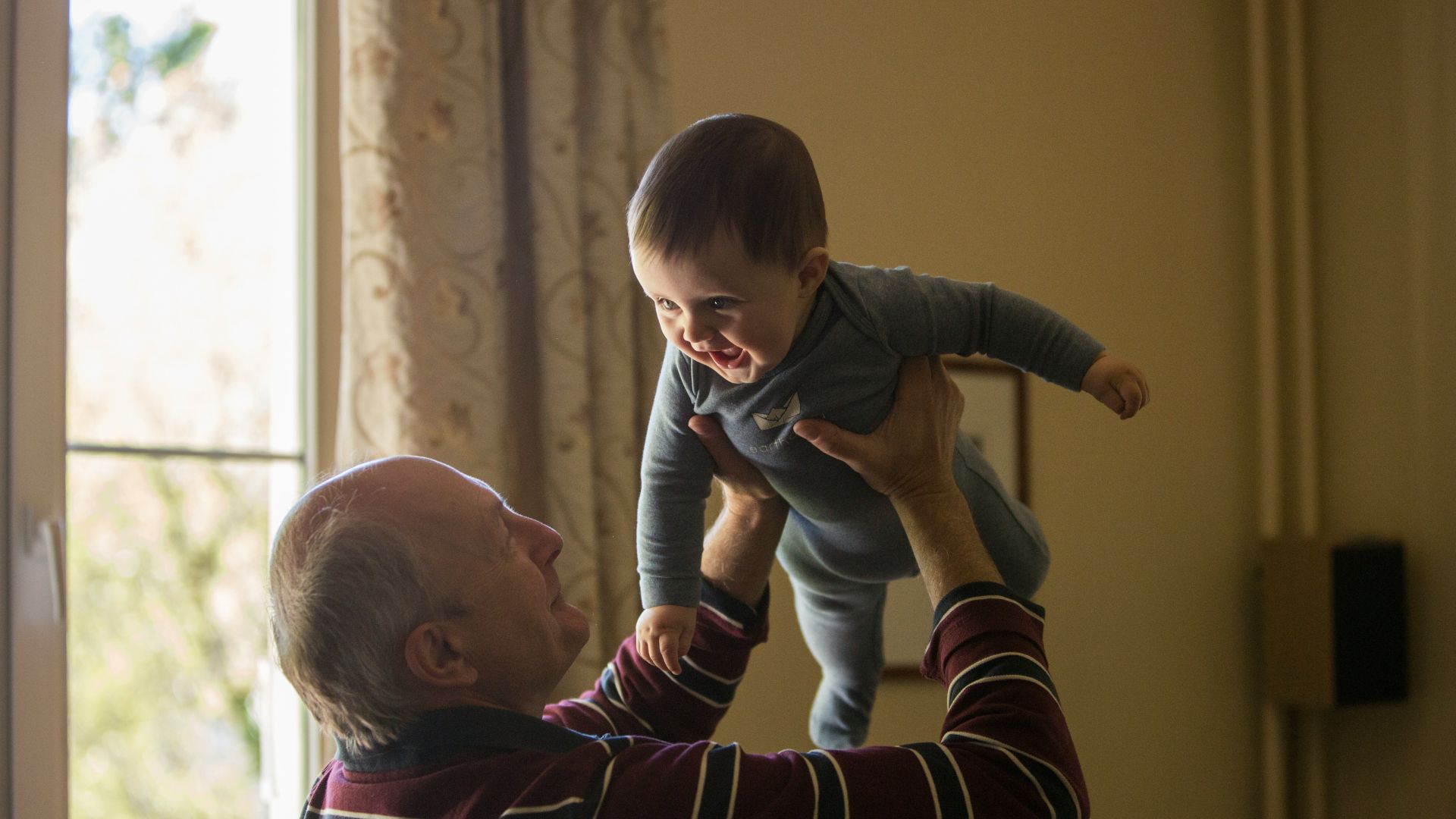
Clearly, Boomers are older than the younger generations. They’re more focused on their own personal issues rather than the world’s issues.
Often, being woke means being aware of societal issues. If Boomers aren’t concerned about societal issues anymore — and instead are focused on their family and their personal health — then this is why they have no desire to be woke in any regard.
Some People Become More Conservative as They Get Older

Political opinions can sometimes change as a person ages. Boomers may have been more open to woke ideas when they were younger, but research from The University of Chicago gives credence to the idea that left-leaning people are more likely to become conservatives over time than the other way around.
Political opinions often remain consistent over a person’s lifespan, but when they do change, they tend to be from left wing to right wing.
A Change in Tradition?

Interestingly, many studies have begun to theorize that the age-old tradition of becoming more conservative as you age may be going away.
New studies have proven that younger generations, particularly the Millennials, are not becoming more conservative as they age. Instead, they’re staying relatively liberal.
Differences Between Millennials and Boomers

These studies shine a light on yet another glaring difference between Millennials and Boomers. If these statistics stay true as Millennials continue to age, then society as a whole could be currently going through a huge change.
Boomers are more traditional and conservative than their younger generations. As they are now in the elderly phase of their lives, they aren’t going to suddenly become more liberal.
